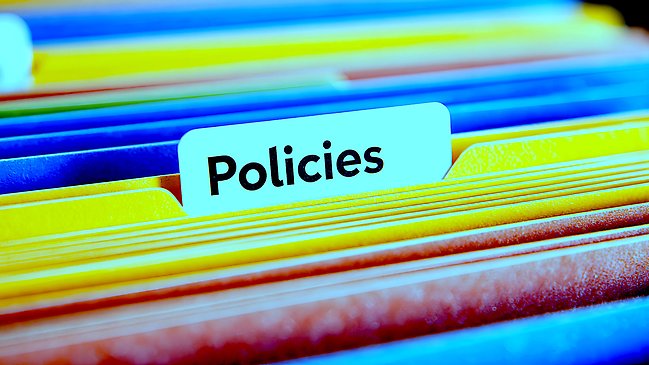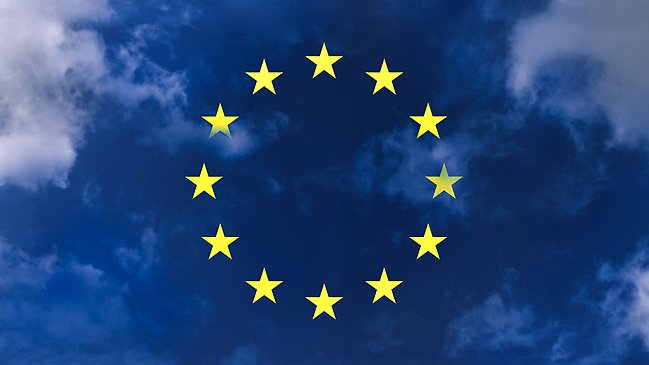E2 - Pollution
Our products enable us to contribute in a natural way to international ambitions to mitigate climate change. Top priorities in our sustainability strategy are to develop innovative and competitive solutions with higher energy efficiency and to reduce GHG emissions.
Our climate goals include reducing GHG emissions in Scope 1 and 2 by 65% by 2030, compared with the base year 2019. This goal is aligned with the Science Based Targets initiative (SBTi) and, therefore, contributes to limiting global warming to 1.5°C in line with the Paris Agreement. We have not yet set targets for our indirect Scope 3 emissions, which is also required in order for our overall goal to be validated by SBTi. We intend to continue our work relating to our targets and to have them validated by SBTi in the next few years.
Our product development is important if we are to be able to achieve net-zero emissions in our entire value chain in the long term. Our product development enables us to use a larger proportion of input materials with a low carbon footprint and achieve higher energy efficiency in our products. For products running on electricity, it is also critical to increase availability of fossil-free energy to be able to achieve net zero. Overall, our transition plan consists of improving energy and material efficiency, switching to renewable fuels, using renewable electricity and phasing out and replacing products and processes.
Policies related to pollution
NIBE has an environmental policy with associated instructions relating to chemicals that also includes our commitment concerning substances. Relevant stakeholders, including employees and authorities, were taken into consideration in developing the policy. The policy document requires producing companies within the Group to have an environmental management system under ISO 14001 and to comply with national and international legislation. The purpose of this is to ensure that the risk assessment of chemicals is conducted correctly and includes aspects such as use, storage, handling, spillage and waste.
Suppliers
Our Supplier Code of Conduct and our values underline the importance of the precautionary principle in environmental matters. Our suppliers must comply with national and international legislation and take action to minimize the amount of substances of very high concern.
Additionally, we adhere to the substitution principle, which means that, where possible, we should choose materials and chemicals containing less hazardous substances.
Actions and resources related to pollution
NIBE is working to minimize the use of substances of concern in both production processes and products. We have historically had good control over the chemicals used in production because we carry out continuous assessment of risks and impacts based on use in production, waste management and risk of pollution. In order to continue and develop our efforts, we have implemented a Group-wide system that collects data on substances in purchased goods from our suppliers. Using this system, data can be validated and updated on a continuous basis, which give us relevant information on which substances are used, together with quantities and where the substances are used. This enables us to identify and minimize the use of hazardous, regulated substances. The system also provides support for monitoring of current and future legislation and is therefore a key action in minimizing our financial risk associated with this area.





